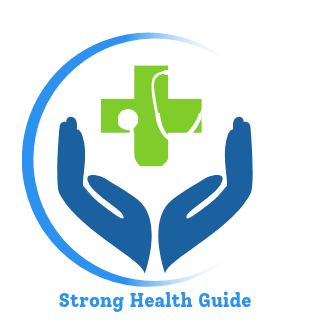Understanding the difference between depression and anxiety is essential for accurate diagnosis and effective mental health treatment. These two common mental health disorders often share similar symptoms, but they are fundamentally different in terms of emotional patterns, causes, and treatment options.
What is Depression?
Depression is a serious mood disorder that affects how a person feels, thinks, and behaves. Common symptoms of depression include:
- Persistent sadness or low mood
- Loss of interest in daily activities
- Fatigue and low energy
- Sleep disturbances (insomnia or oversleeping)
- Changes in appetite or weight
- Feelings of hopelessness or worthlessness
- Difficulty concentrating
- Thoughts of death or suicide
Major depressive disorder can severely impact daily life and relationships. It’s often triggered by trauma, medical conditions, or chemical imbalances in the brain.
What is Anxiety?
Anxiety disorders are characterized by excessive fear, worry, or nervousness. Common symptoms of anxiety include:
- Constant worry or fear
- Racing thoughts
- Restlessness or irritability
- Increased heart rate
- Shortness of breath
- Muscle tension
- Panic attacks
Generalized anxiety disorder, social anxiety disorder, and panic disorder are some common types. Anxiety often arises from stress, trauma, or genetic predisposition.
Key Differences Between Depression and Anxiety
- Emotional Focus: Depression centers around past experiences and feelings of hopelessness, while anxiety focuses on future uncertainties and fear.
- Mood vs. Alertness: Depression lowers energy and motivation, whereas anxiety increases alertness and tension.
- Behavioral Response: Depressed individuals may withdraw from life, while anxious people may avoid triggering situations.
Causes and Risk Factors
Both conditions can be caused by a mix of factors including:
- Genetic predisposition
- Chronic stress
- Trauma or abuse
- Hormonal imbalances
- Lifestyle factors (e.g., poor sleep, diet, lack of exercise)
Effective Treatment Options
Both depression and anxiety treatment may include:
- Cognitive Behavioral Therapy (CBT)
- Antidepressant medications (SSRIs, SNRIs)
- Mindfulness and stress management
- Regular exercise and healthy diet
Early diagnosis and intervention are crucial. If you or someone you know is struggling, consult a licensed mental health professional immediately.
